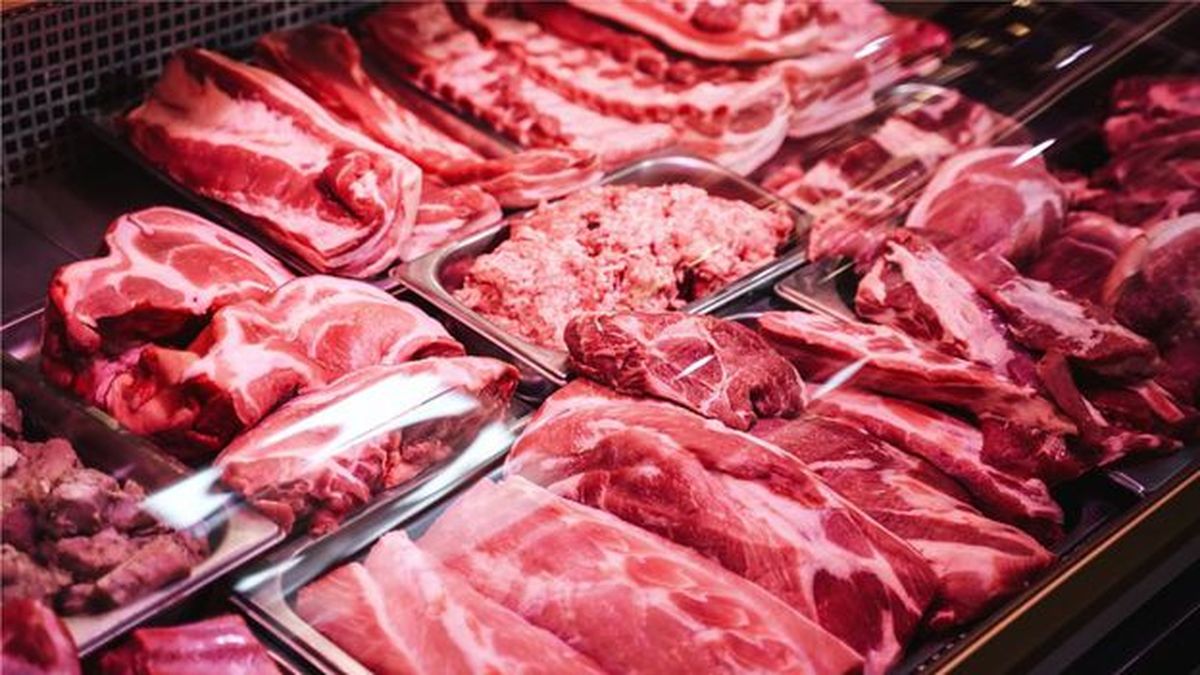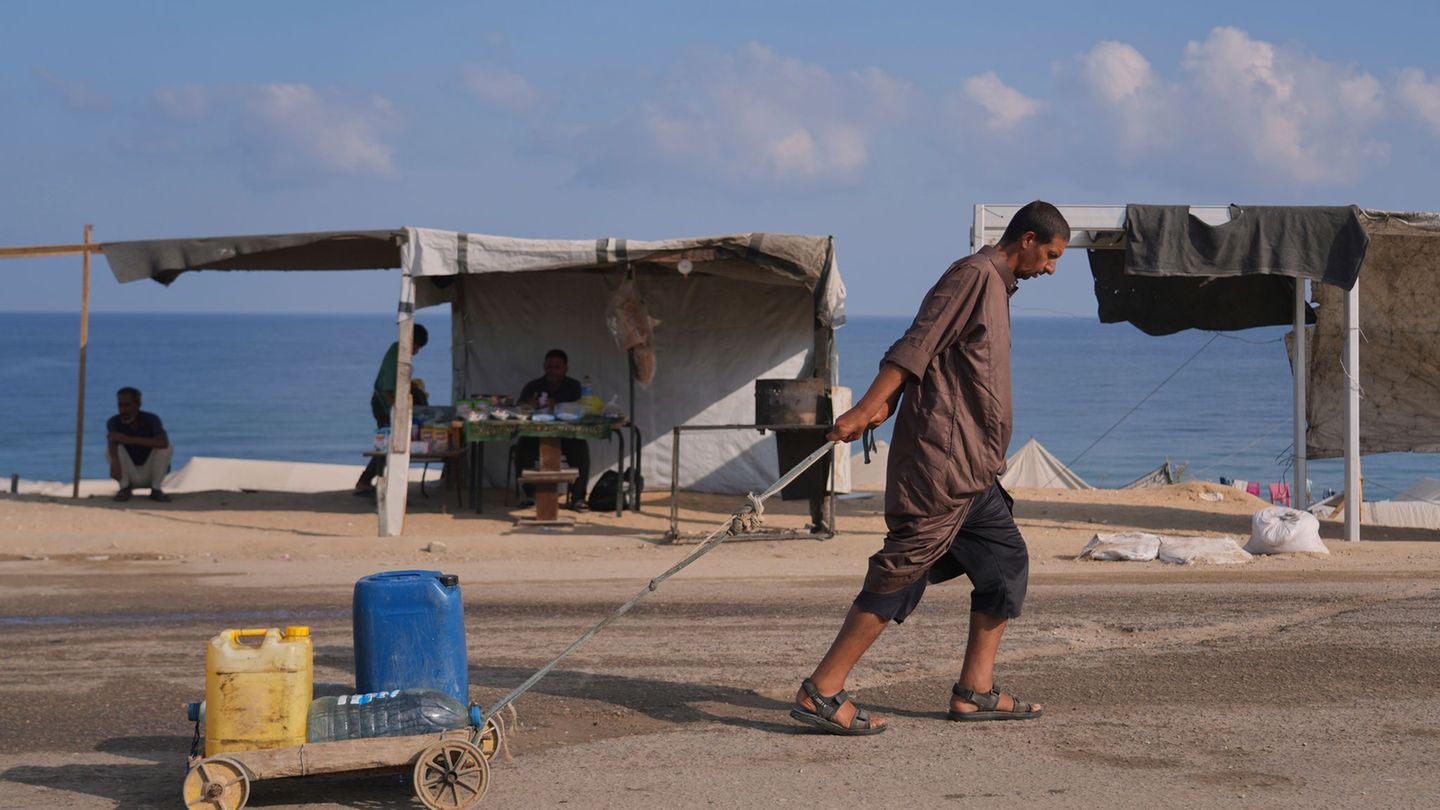Feletti’s negotiation with refrigerators and supermarket chains also includes a key point and this is the volume that will be poured into the local market of these cuts at affordable prices. So far, according to industry sources, it would be 12,000 tons per month, which is equivalent to 5% of national consumption.
The key point that unlocked the negotiation with the refrigerators was the new fixed prices, which in lines show an increase of around 25% compared to those that were turned to the domestic market for the year-end festivities.
What would follow from now on would be an update next April and the supervision by the Government to monitor the actual compliance with the agreement that seeks to be a breath of fresh air in the face of the accelerated rise that beef has been showing in the gondolas. According to the survey of the IPCVA in 2021, the product rose more than 60% year-on-year.
Ricardo Feletti.jpeg
In this context, within the initiatives that the Government is implementing, with a long-term view, to end the tensions between the domestic market and exports and in turn have more meat, the GanAr Plan is launched, which today formally entered in force and through which a line of credit for up to $100,000 million is offered to livestock producers, dairy farmers and agricultural cooperatives for new investments.
This credit line, which seeks to increase productivity and competitiveness in meat, milk and by-products, has a bonus of 7 points of up to $50 million for MSMEs and up to $250 million for large companies, with a 12-month grace period, and a up to 60 months.
Meanwhile, for working capital and evolution expenses, the maximum amount is $10 million for any case, reported the Ministry of Productive Development, another of the portfolios that promoted the initiative.
On the other hand, within the measures that the Government is taking to contain food prices and especially taking into account the high prices of commodities in the international market, the extension until 2023 of the trust can also be mentioned, made up of money from the industry, to offset the price of oil in the domestic market. Through this mechanism, companies must pay about US$190 million a year to subsidize the price of up to 29 million liters of product per month.
While, the formation of another trust is still being negotiated with the sector to compensate the prices of corn and wheat, basic inputs in animal feed and the manufacture of baked goods. The project contemplates subsidizing 3.1 million tons of wheat and 1.5 million tons of corn, which in practice are destined for the production and consumption of the 25-kg bag. of wheat flour 000, the bag of 25 kg. of wheat flour 0000, dry noodles in a 500 g package and lastly cold or frozen chicken.
As is the case with the oil trust, exporting companies should contribute around US$150 million and the amount will be calculated by the affidavits of sales abroad (DJVE) that they declare periodically.
Source: Ambito
David William is a talented author who has made a name for himself in the world of writing. He is a professional author who writes on a wide range of topics, from general interest to opinion news. David is currently working as a writer at 24 hours worlds where he brings his unique perspective and in-depth research to his articles, making them both informative and engaging.




